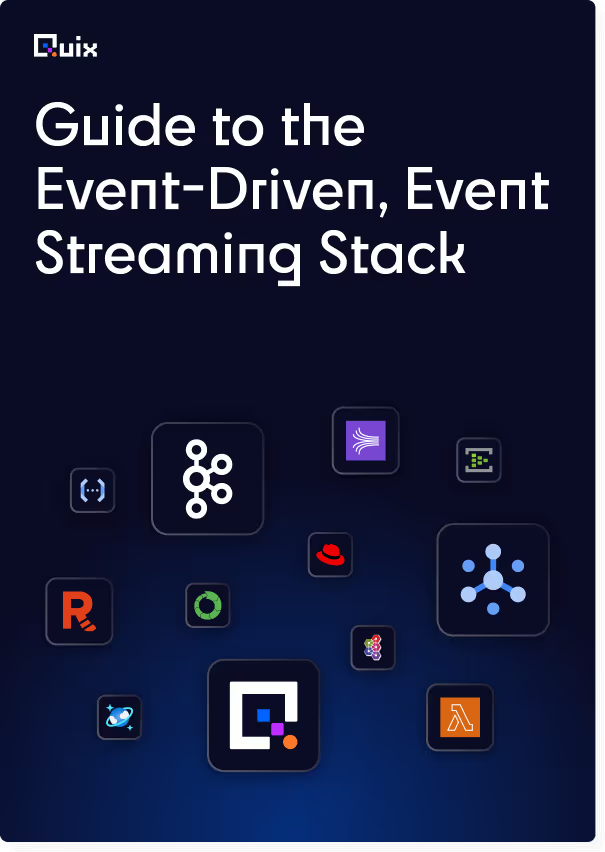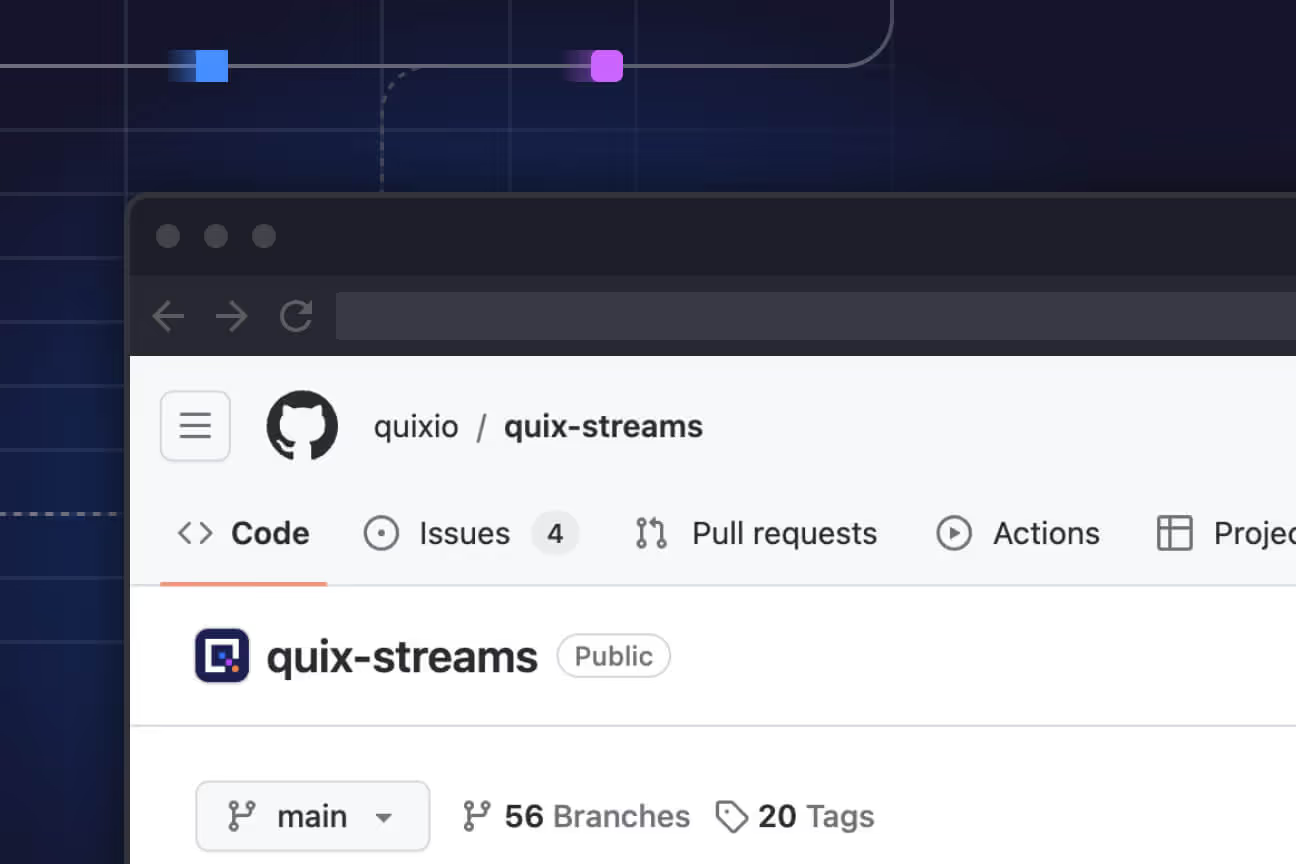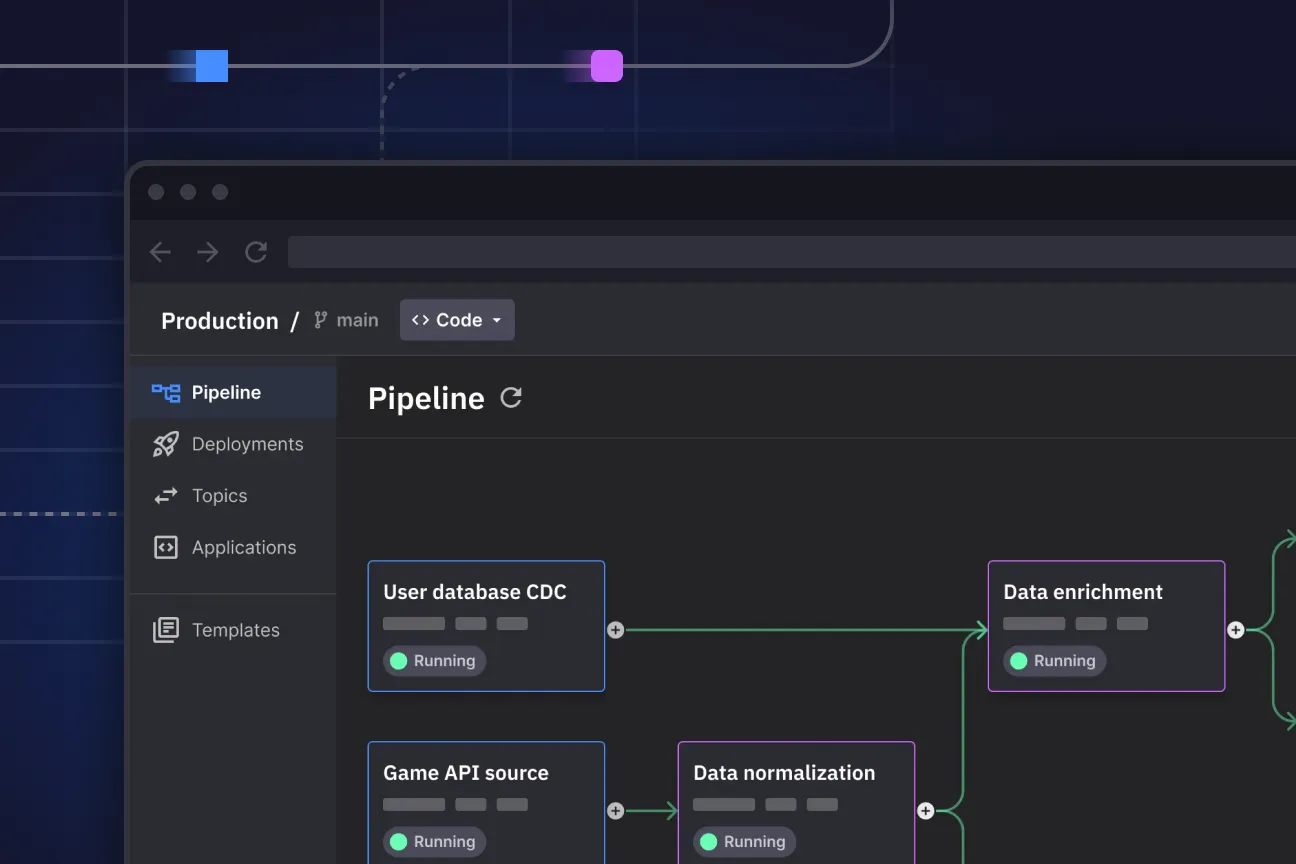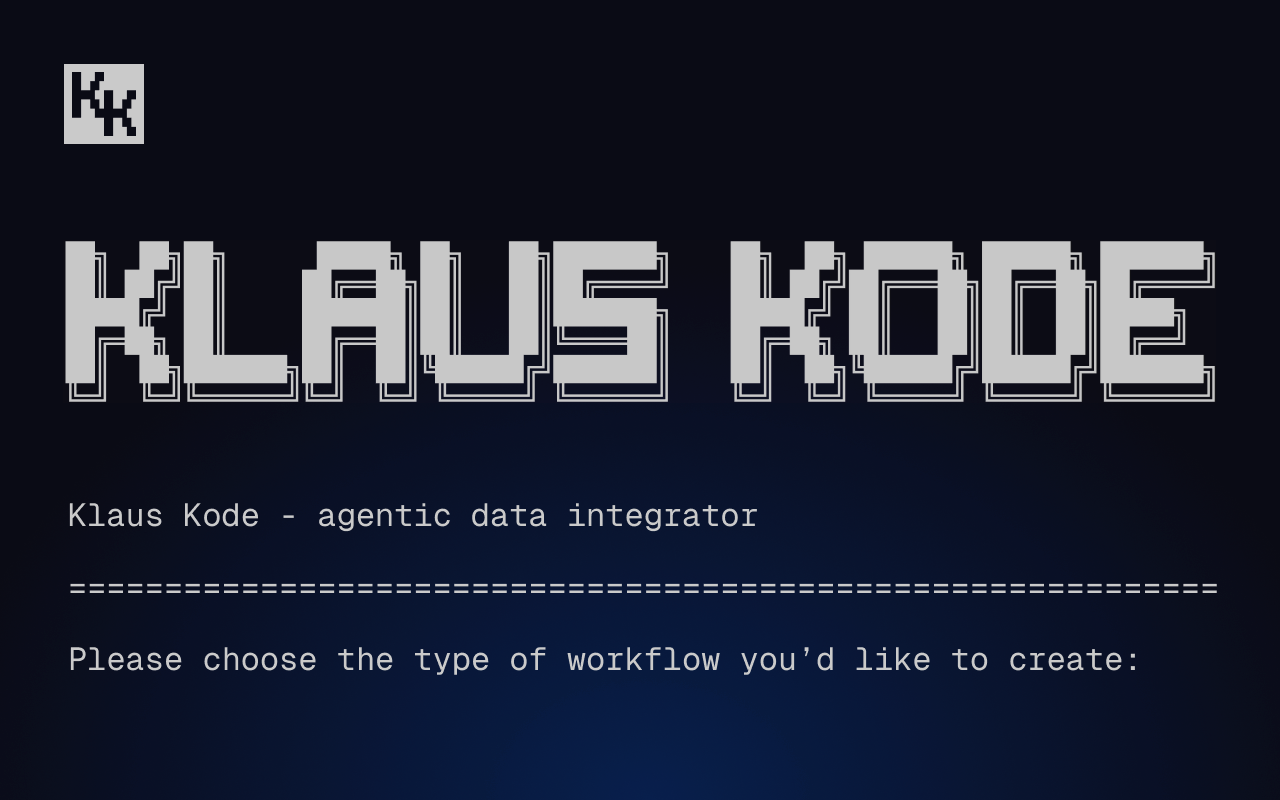Nine upcoming events to help you increase your data skills with stream processing
Looking to level up your data career? Whether you’re a developer, data engineer, data scientist or someone else who happens to work with data, these upcoming events offer you the opportunity to learn new skills and meet new people.

Stop your video calls and learn about stream processing in real life for a few days
Traditional data jobs are shifting and more people than ever work with data on a daily basis. Developers to marketers are increasingly required to take on tasks traditionally allocated to data engineers and scientists. All this fluctuation means people need to develop new types of data skills. We have you covered.
Here are nine upcoming events associated with stream processing, where you can learn how to apply a new technology or meet new people that can help you navigate the wide world of data.
1. Data Council (March 23–24, Austin TX)
Data Council offers a “100% no bullsh*t guarantee” event about data science, engineering and analytics. You’ll want to join for the easy networking and the abundance of speakers across six learning tracks. There’s something for everyone here.
You’ll see presentations like this one by Andreas Markmann from Capital One. He describes the key design challenges data engineering teams encounter when applying stream processing.
2. Open Data Science Conference (April 19–21, Boston)
The ODS conference caters to people looking to connect with the data science community. The next edition of this global conference will happen in Boston this April with a list of keynotes that include Hilary Mason, co-founder of Hidden Door and former data scientist at Accel Partners, and Dr. Hari Bhaskar, director of data science and AI platform at Oracle. Expect a focus on networking with over 1700 companies in attendance. If you’re looking to assess various tools and data communities, this conference is for you.
3. Kafka Summit (April 25–26, London)
Do you wake up morning after morning thinking about Kafka? Of course you do.
Meet up with other enthusiasts at the Kafka Summit, organized by Confluent. Expect to see a healthy dose of stream processing content this year, and look out for the talk from the data streaming manager at Porsche, Sridhar Mamella. We’ll be there, too, demoing our new no-code data transformation workflow. Come say hello!
You’ll find talks like this one where Jay Kreps and Dev Tagare explain modern stream processing, real-time databases and Confluent Cloud — a fully managed, serverless Kafka.
4. Introduction to GBFS and GTFS (April 27, Online)
Stream processing is hot in the mobility space, and the folks at Mobility Data organize events for the growing ecosystem. In April, it will run a one-hour webinar introducing the GBFS and GTFS — two essential open data standards for shared mobility. If you’re interested in the data mobility space, this is a great place to start.
5. Berlin Buzzwords (June 12–14, Berlin)
Berlin Buzzwords is one of the premier data conferences in Europe. It covers how to store, process, stream and search data. The conference has existed for over ten years and continues to be a meeting point for data engineers and data scientists. It’s worth visiting to get an overview of the data scene.
It also has an excellent blog series about people who have participated in the conference over the years.
6. Data+AI Summit 2022 (June 27–30, San Francisco and online)
Find plenty of expo space and stimulating presentations about Apache Spark at Data+AI Summit. The conference, organized by Databricks, gathers the Apache Spark ecosystem.
The keynotes this year include Daphne Koller, the founder of Insitro, a drug discovery company that uses machine learning, and Zhamak Dehghani, the director of emerging technologies at Thoughtworks. You don’t want to miss it.
7. Flink Forward (August 3, San Francisco)
The Flink community will converge at Flink Forward, a great place to learn about core Flink concepts and meet more than 350 developers and data scientists. There is no news on the CfP or tickets, but you can sign up for updates on its website.
8. Data Natives 2022 (Aug 31–Sept 1, Berlin)
Interested in discovering more about the future of the data economy and data science? Data Natives 2022 will gather 5,000 people in Berlin to investigate what’s coming next and develop the skills to meet it.
You know you’ll learn from the best at Data Natives; speakers at previous conferences included Christopher Wiggins from the New York Times, the executive director of ethics in entrepreneurship Erika Cheung and the co-founder and chief data officer at Sefleuria Jessica Graves.
9. UpTime (September 14–15, Amsterdam)
Open data sources take center stage at UpTime, a new conference organized by the open source cloud data platform Aiven. Head on over if you’re interested in learning about the benefits of managed services and engaging with an active, welcome community.
There’s still time to submit to its call for papers — it closes on March 19!
Hang out with us
Stepping away from the keyboard for a few days to network and learn from others can help enormously in your professional and personal growth.
You can meet up with us next at the Kafka Summit. Come say hello — we love meeting new people! In the meantime, chat with us on our community Slack.

Check out the repo
Our Python client library is open source, and brings DataFrames and the Python ecosystem to stream processing.

Interested in Quix Cloud?
Take a look around and explore the features of our platform.

Interested in Quix Cloud?
Take a look around and explore the features of our platform.

.svg)






